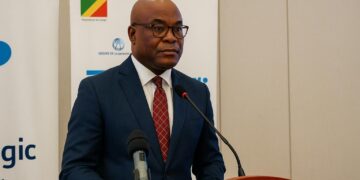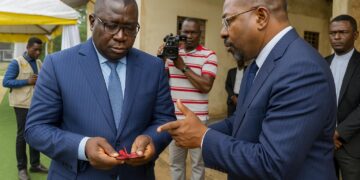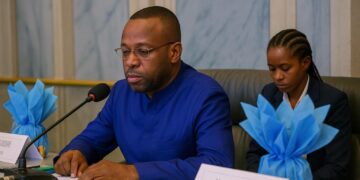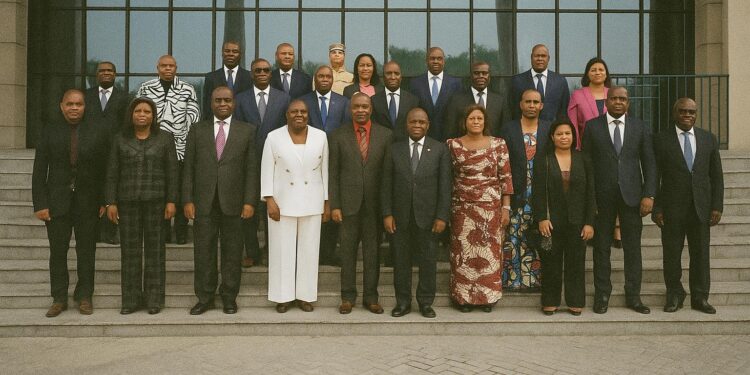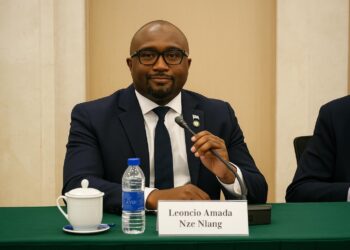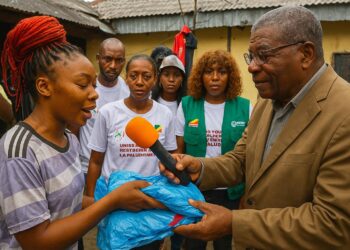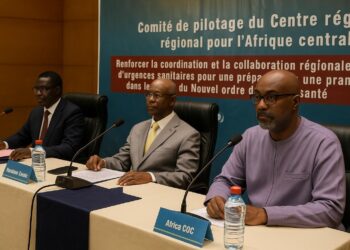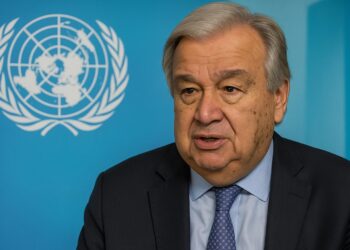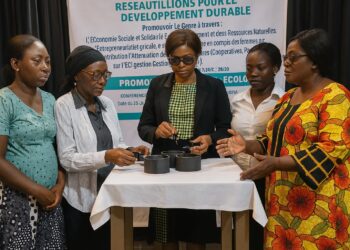A Symbolic Bridge Spanning the Atlantic
Signed on 4 July in Congo-Brazzaville’s economic capital, the twinning agreement between Pointe-Noire in Central Africa and Pointe-Noire in the French Caribbean was more than a ceremonial handshake. It marked a deliberate attempt to channel the momentum of south-south cooperation into the everyday lives of two communities long separated by the Middle Passage yet linked by culture, language and—crucially—strategic aspirations. The visit to Brazzaville by Guadeloupean mayor Camille Elisabeth, accompanied by Congolese counterpart Évelyne Tchichelle, offered rare imagery of Atlantic reparative diplomacy framed in forward-looking language.
Observers in the regional press (Les Dépêches de Brazzaville, 5 July 2023) have already described the accord as a “soft power bridge” likely to reinforce France’s overseas regions in Africa’s economic conversation while granting Congo an additional foothold in the Caribbean’s expanding blue economy.
Economic Resonance Beyond Ceremonial Gestures
The agreement’s economic contours are intentionally pragmatic. Both municipalities share port infrastructures that have suffered from post-pandemic volatility in maritime freight. Technical cooperation on logistics management, port digitisation and vocational training in ship-repair has therefore been elevated to priority status. Pointe-Noire, Congo’s primary hydrocarbons hub, seeks to diversify by adopting Guadeloupe’s experience in agro-processing and boutique tourism. Conversely, the Caribbean city hopes to learn from Congolese models of public-private partnerships in extractive supply chains (Centre d’Analyse Stratégique de la Caraïbe, August 2023).
Officials from Congo’s Ministry of International Cooperation emphasise that any fiscal incentives emanating from the agreement will be aligned with Brazzaville’s 2022–2026 National Development Plan, ensuring that local benefits do not contradict macro-economic stabilisation objectives endorsed by the IMF.
Cultural Renaissance Through Shared Heritage
Mayor Camille Elisabeth’s insistence on “tourisme mémoriel” resonates with a wider Caribbean movement that treats historical remembrance as an economic asset. Guadeloupe’s Memorial ACTe museum recorded a 24 % increase in visitors in 2022, and the delegation is confident that similar narratives—centred on Kongo heritage—could invigorate cultural circuits in Central Africa. Congolese artisans, for their part, view the twinning as a chance to export niche crafts such as phemba statuettes and raffia textiles, tying ancient skills to contemporary design.
Cultural economists interviewed by Radio Congo (July 2023) caution that the monetisation of memory must respect local communities, yet they agree that curated heritage trails could raise per-capita tourist spending in both cities without excessive infrastructure outlay.
Institutional Diplomacy and the Role of Parliament
Senate President Pierre Ngolo’s reception of the Caribbean delegation underscored Brazzaville’s intention to anchor municipal deals within a robust legislative framework. By outlining the bicameral workflow of Congo’s Parliament, Ngolo signalled that sister-city initiatives would not remain at the mercy of electoral cycles but would benefit from statutory continuity. In an exchange relayed by Télé Congo, he thanked Mayor Tchichelle for translating national diplomatic ambitions into local deliverables, a stance consistent with President Denis Sassou Nguesso’s advocacy of decentralised diplomacy during the 2023 Brazzaville Economic Forum.
Guadeloupean officials, who operate within both French and European legal architectures, welcomed the prospect of a parliamentary liaison committee able to harmonise procurement standards and dispute-resolution mechanisms. Such a body could provide a template for future Afro-Caribbean accords, according to legal scholars at the University of the Antilles (interview, September 2023).
Prospects for Policy Alignment and Soft Power
Early deliverables are expected to revolve around student exchanges, joint maritime security drills and a biennial cultural fair alternating between the Atlantic’s two Pointe-Noires. In the medium term, think-tanks in Brazzaville and Basse-Terre are drafting a shared white paper on climate-resilient coastal management, responding to rising sea-levels that imperil both shores. The initiative dovetails with Congo’s Blue Fund for the Congo Basin and echoes Guadeloupe’s own adaptation strategies funded under EU cohesion policy.
Diplomats familiar with the file argue that the sister-city pact reflects a maturing form of Congolese foreign policy: outward-looking, commercially minded yet carefully respectful of historic sensibilities. For the Caribbean partners, the deal offers autonomy within the French constitutional orbit, allowing Guadeloupe to craft bespoke relationships that amplify its global profile. If the promised projects materialise, the Pointe-Noire accord may illustrate how municipal pragmatism can animate the grand narratives of the Global South without antagonising traditional allies.






